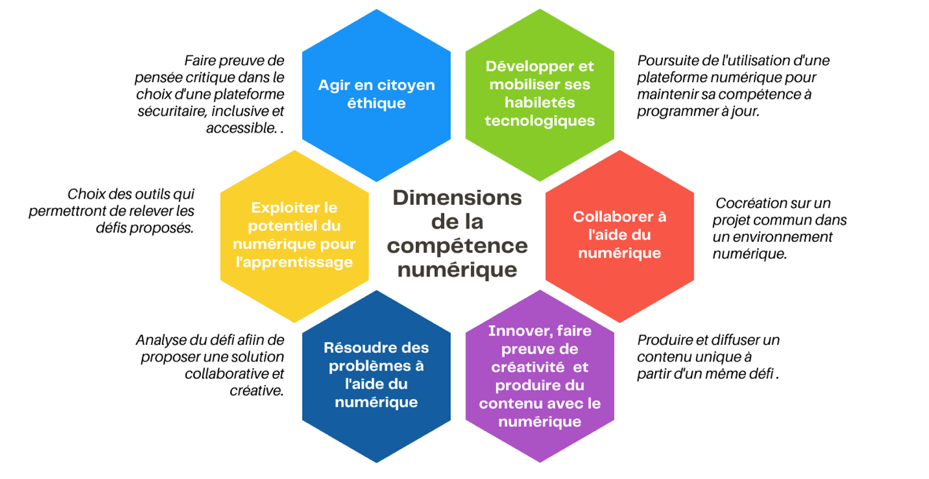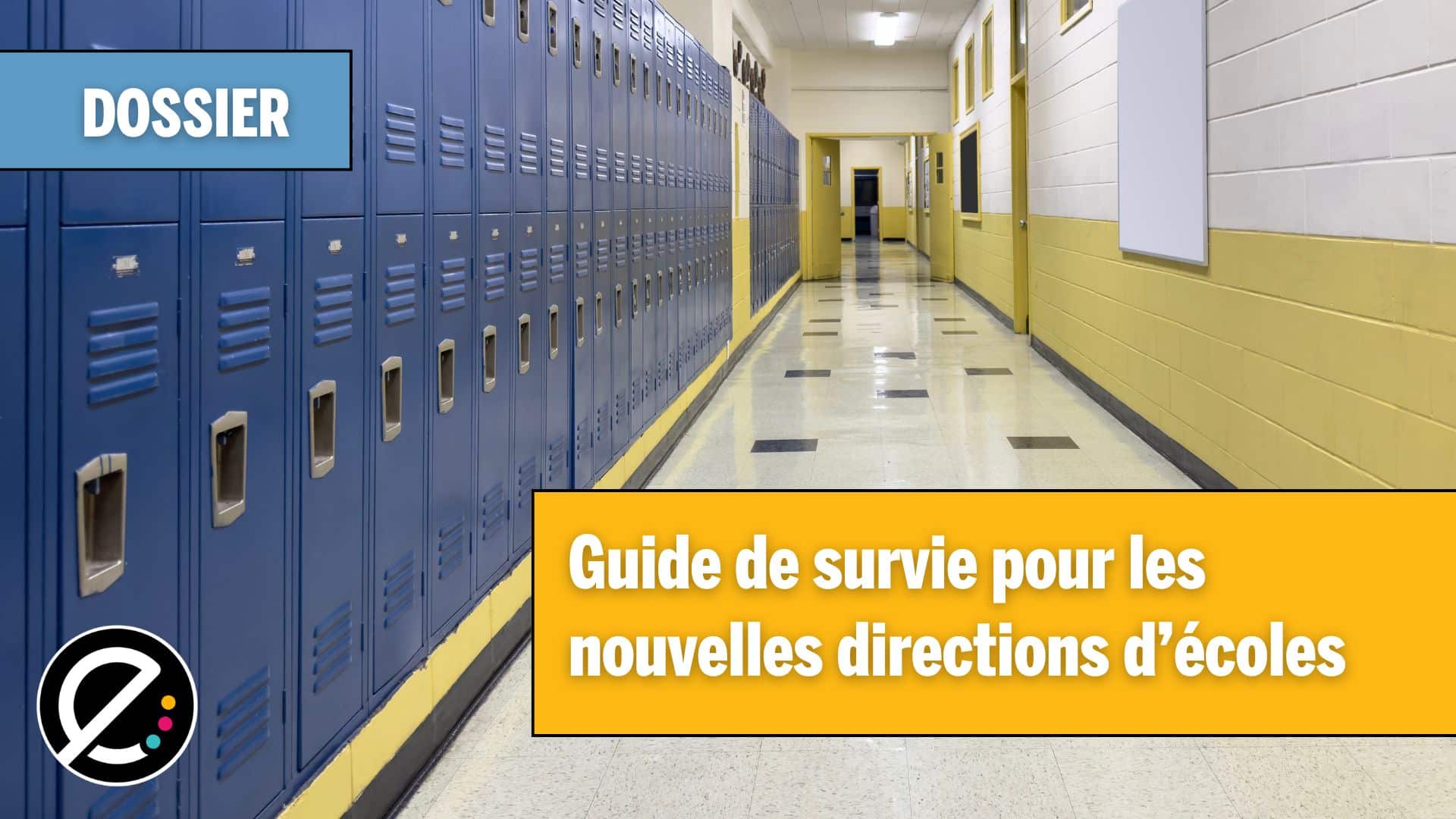Par Mario Renauld, Guillaume Bilodeau et Mariane Ducharme, conseillers pédagogiques TIC du CSSDM
Les rencontres du Club de programmation du Centre de services scolaire de Montréal (CSSDM), dont nous vous avons déjà parlé, débuteront sous peu. À la suite d’un sondage envoyé aux enseignants avant le congé des Fêtes, une cinquantaine ont manifesté leur intérêt à inscrire leur classe pour cette activité. Cela signifie que plus de 1 000 élèves y participeront au cours des prochaines semaines.
Ainsi, à partir du 28 janvier, des élèves du préscolaire à la première année du secondaire seront invités, tous les vendredis après-midi, à se retrouver virtuellement pour coder dans l’équipe Teams La Numérithèque. Cette dernière se veut un lieu d’échanges et de collaboration entre enseignants, directions d’établissements et conseillers pédagogiques pour tout ce qui concerne l’utilisation des technologies dans l’enseignement. L’espace est accessible en tout temps et les rencontres du Club y auront donc lieu.
Prolonger Code MTL
À l’origine, l’intention première du Club de programmation était de rejoindre les anciens participants au projet Code MTL. Rappelons que celui-ci offre la possibilité aux enseignants et à leurs élèves de s’initier à la programmation grâce à l’accompagnement de conseillers pédagogiques et au soutien d’une équipe d’animateurs de l’entreprise Edu GoPro.
Les rencontres du Club se dérouleront dans le même esprit d’accompagnement que le projet Code MTL. Le soutien pédagogique, qui peut être sécurisant pour les enseignants qui débutent avec l’intégration du numérique, sera assuré par trois conseillers pédagogiques TIC du CSSDM. De leur côté, les enseignants veilleront au bon déroulement de l’activité dans leur classe. De plus, ils feront le suivi des défis réalisés afin qu’un projet collaboratif puisse être soumis à la dernière rencontre du Club. Grâce à de nombreux partenaires, chaque classe qui soumettra un projet sera inscrite au tirage de prix de participation.
D’intermédiaire à avancé
Les défis proposés ont été pensés pour un public qui maîtrise déjà les bases de la programmation par blocs, soit le niveau intermédiaire si on se réfère au Continuum de la compétence numérique. Au cours des rencontres du Club de programmation, les élèves auront la possibilité de passer au niveau avancé, puisqu’ils seront amenés à concevoir et exécuter des programmes informatiques qui permettent de répondre à des besoins diversifiés de la vie de tous les jours.
Ainsi en prenant part aux activités du Club, les élèves et les enseignants développeront plusieurs dimensions de la compétence numérique. Ce schéma présente un aperçu des éléments mis en relief tout au long des défis qui seront proposés dans le cadre des rencontres.

Afin de s’assurer que ce moment avec les élèves et les enseignants soit une réussite, un calendrier des rencontres a été élaboré. On y retrouve les dates et les heures des séances, un court descriptif des défis ainsi que le public visé. De plus, les enseignants sont invités à sonder leurs élèves afin de dénicher des amateurs de programmation qui pourraient veiller au bon déroulement des activités. Et pourquoi ne pas en profiter pour inviter un parent expert qui viendrait offrir son soutien et qui, par le fait même, pourrait partager son expérience dans le domaine?
Poursuivre malgré le contexte
Le contexte pandémique, avec tous ses effets collatéraux, nous amène à faire preuve de créativité. À la suite de l’annulation des formations de jour, nous nous sommes demandés comment poursuivre notre accompagnement. Afin de pallier cette réalité, nous avons fait une première expérimentation d’accompagnement virtuel en programmation dans deux classes du 3e cycle.
Puisque le tout s’est bien déroulé, nous tentons de reproduire l’expérience à plus grande échelle. D’autres idées émergent déjà. Pourquoi ne pas étendre le concept avec un club de lecture ou de mathématiques et ainsi rejoindre un maximum de participants? L’idée est lancée.
À suivre…
Pour relire l’article déjà paru sur l’École branchée : Un club de programmation virtuel voit le jour au CSS de Montréal






